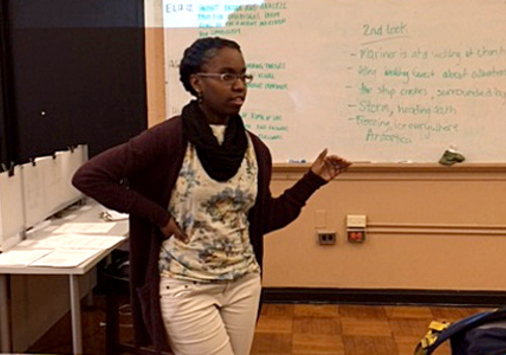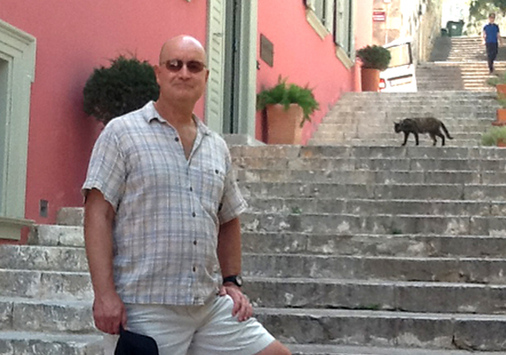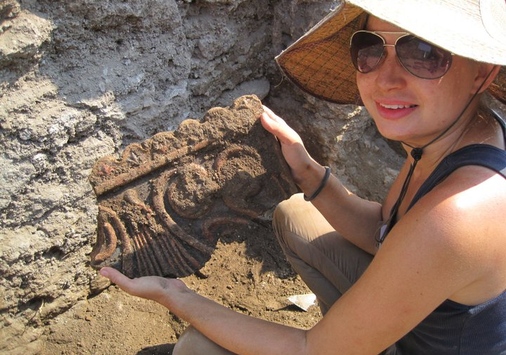Profs. Max L. Goldman and Rebecca Futo Kennedy explain how the study of classics is changing - and why that’s a good thing in a new article featured in Inside Higher Ed.
They note:
In the 2000s, Denison classics focused on tracking students to graduate school, which meant an almost exclusively language-based major. But language enrollments were declining — not just in classics, but across the board in the United States — and they plummeted after 2008. Our program was becoming untenable: three to six students enrolled in upper-level languages and one or two majors graduating in a year. It is hard to sustain a program with so few students in advanced, majors-only courses each semester. On the bright side, courses in history and mythology, conducted in English translation, retained steady and enthusiastic enrollments.
A new president encouraged conversations about the future of the humanities as well as the financial pressures and looming demographic challenges that all small liberal arts colleges are facing. He tasked the faculty with energizing our academic programs to continue to attract students in an increasingly competitive higher ed market. We took advantage of the opportunity to shift our program’s emphasis away from training a small number of students for graduate programs and focus our energies instead on providing a broad-based education in ancient Greek and Roman histories, literatures, and cultures to all interested students. We did not do away with the languages but reduced their centrality and moved to a tutorial model for the three to six students per year who wanted to study beyond the first year.
We added new courses in translation that covered much more of the ancient material. We augmented the history and mythology surveys with literature surveys and special topic courses focused on ancient drama, epics, race and ethnicity, gender and sexuality, and law and democracy. We also have offerings in modern classical receptions and offer summer abroad courses in both Greece and Italy.
Many of our courses engage directly with the legacy of our discipline as support for narratives of Western exceptionalism and even white supremacism. We have incorporated more project-based learning assignments and gaming pedagogies. The students get a much richer experience of the ancient Mediterranean in keeping with the liberal arts mission of the college. And, not coincidentally, we think, our classrooms are more diverse, engaging and intellectually rigorous. As we noted already, many of the changes we initiated are in line with what reform-minded members of the field advocate.
Our decision to change our curriculum and focus coincided with the successful introduction of new interdepartmental majors on our campus in global commerce and data analytics. This did involve the movement of a small number of tenure lines away from specific humanities programs to support the new programs, and, at first, we were skeptical. Yet our ability to integrate our nonlanguage courses with global commerce, a humanities-based major, has led to higher enrollments and an influx of students who might not previously have taken a classics course but who are genuinely interested in the material and bring with them all sorts of new perspectives. While some students only take that one course on antiquity to fulfill a global commerce regional concentration, we often see students return for as many as four or five classes because they like them.
In the future, we are looking forward to working across campus with our colleagues on digital humanities initiatives and maybe even an integrated archaeology/museum program. Our number of majors has not increased by much, but student interest in our courses has only continued to climb, and majors are not always the best measure of a healthy department. Language enrollments have also remained steady since we implemented the changes.
In addition, Futo Kennedy co-authored an article featured on ESPN discussing Classics as a part of black intellectual history.









